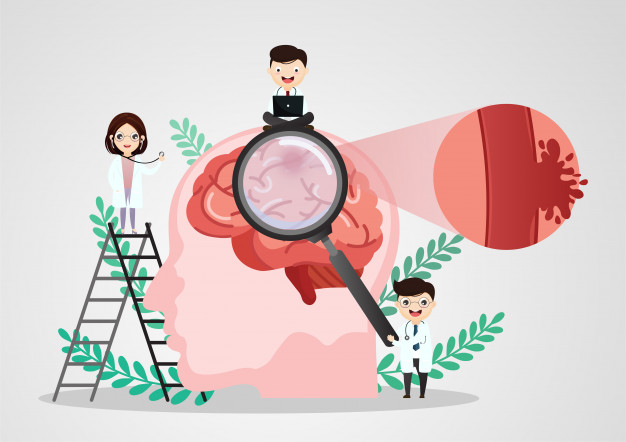A stroke happens every five minutes in the UK, affecting more than 100,000 people every year. This serious and life-threatening medical condition, which happens when the blood supply to part of the brain is cut off, leaves two thirds of survivors with disabilities and is the fourth biggest killer in the UK.
Swift diagnosis and treatment of a stroke is crucial in order to minimise the impact, but unfortunately not all patients receive the care they need and this medical negligence can lead to life-changing disabilities or death. People who do not get the care they need, whether it be delay in diagnosis or delay in treatment, may be able to bring a medical negligence claim.
You are more likely to have a stroke if you are overweight, smoke, consume large amounts of alcohol, use drugs or are inactive. Other factors that people can’t control but increase their chance of having a stroke are age, gender, ethnicity and if there is a history of heart disease in the family.
How to spot a stroke
There are several warning signs to look out for and if you see any of these you should call 999 immediately. The NHS says that the main symptoms can be remembered with the word FAST:
Face: The face may have dropped on one side and they may not be able to smile or their mouth or eye may have dropped.
Arms: The suspected stroke victim may not be able to lift both arms and keep them raised because of weakness or numbness in one arm.
Speech: Their speech may be slurred or garbled, or the person may not be able to talk despite appearing to be awake. They may also have problems understanding what you are saying to them.
Time: It’s time to dial 999 immediately if you see any of these signs.
The effects of a stroke
Having a stroke can be devastating and the effects can differ from person to person. This depends on where in the brain it occurs and how much damage it caused. Survivors can suffer paralysis, trouble with their memory, vision, speech, swallowing, bowel and bladder control, muscle and joint pain, weakness and balance.
Research suggests that those survivors who are treated within the first 90 minutes of a stroke happening are much more likely to recover without any disabilities so getting early treatment is vital. Every minute is crucially important as the quicker a person is treated the less damage the stroke does to the brain.





